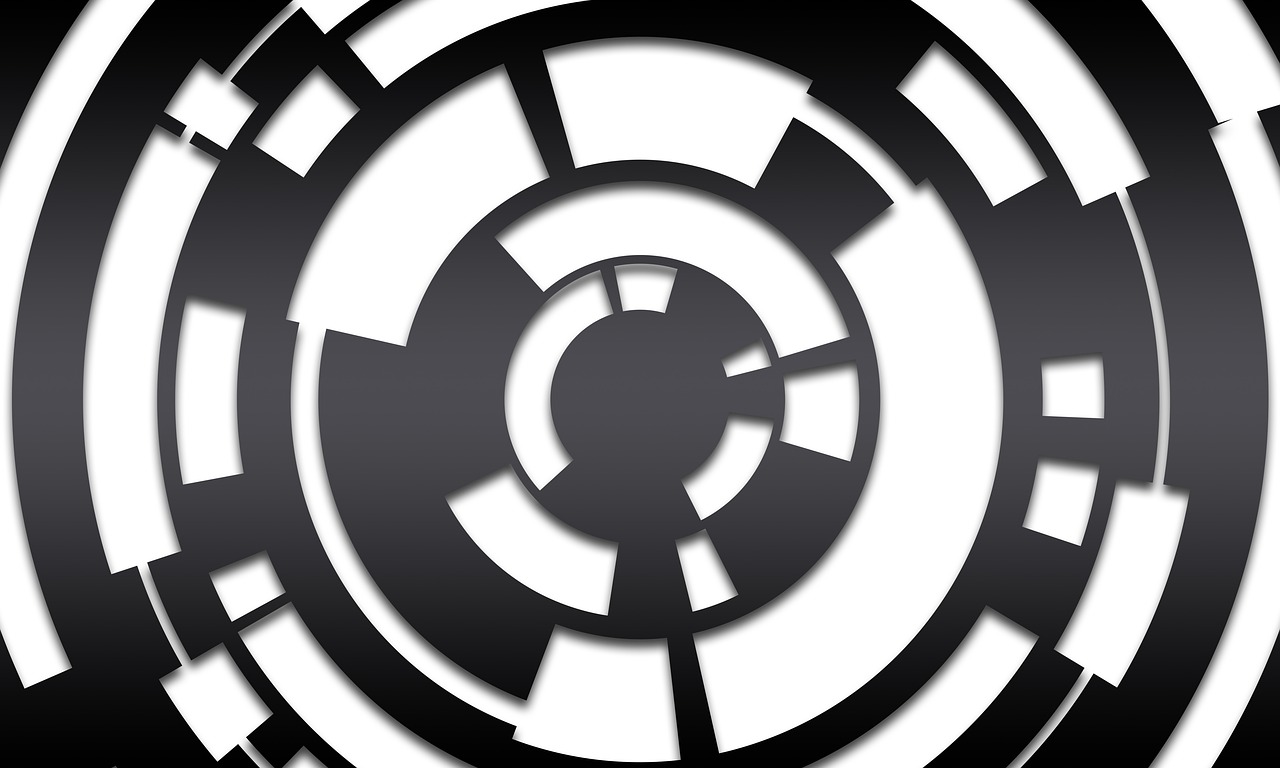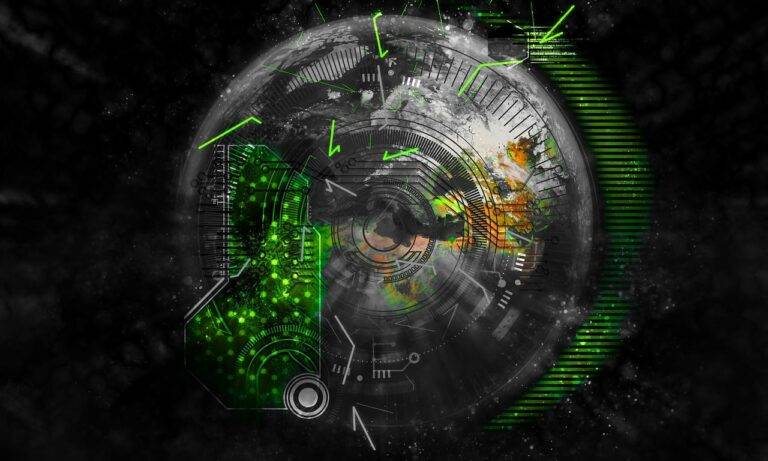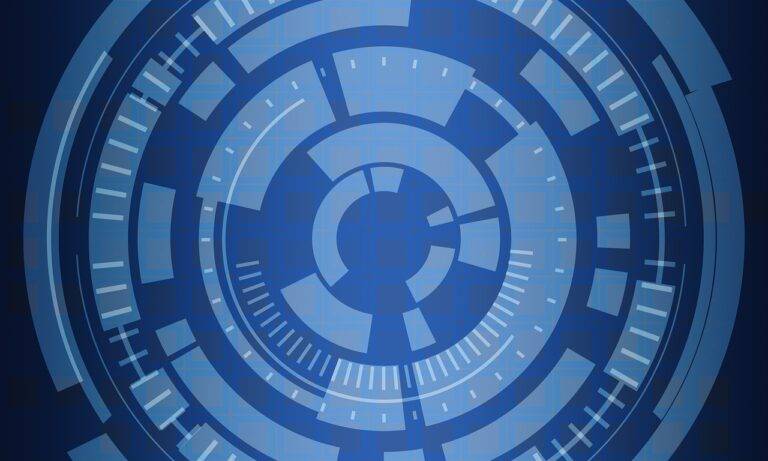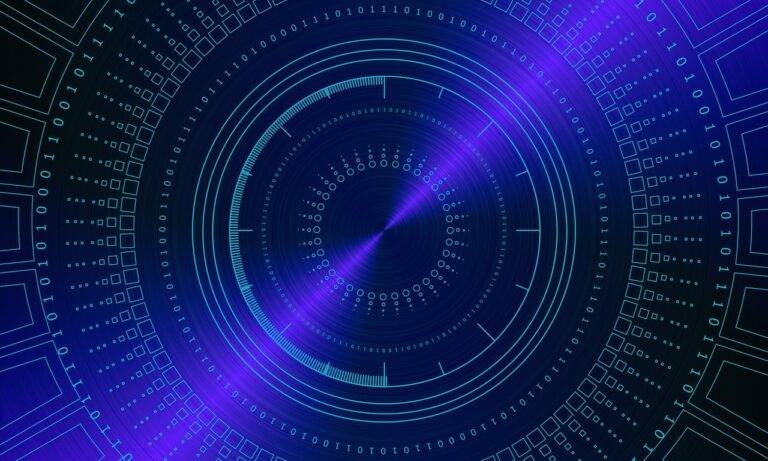Quantum Computing: Shaping the Future
Quantum computing is a cutting-edge field of study that utilizes principles of quantum mechanics to process and store information in a fundamentally different way than classical computing. Unlike classical computers, which rely on bits to represent information, quantum computers use quantum bits or qubits. Qubits can exist in multiple states simultaneously, allowing quantum computers to perform complex calculations at a much faster rate.
One of the key advantages of quantum computing is its potential to solve problems that are currently intractable for classical computers. Tasks such as optimization, cryptography, and simulation could be revolutionized by the power of quantum computing. While still in its early stages of development, researchers and tech companies are making significant advancements in building practical quantum computers that could reshape the future of technology and scientific discovery.
• Quantum computing utilizes principles of quantum mechanics
• Quantum computers use qubits instead of classical bits
• Qubits can exist in multiple states simultaneously
• Quantum computers can perform complex calculations at a faster rate than classical computers
• Potential to solve currently intractable problems
• Tasks such as optimization, cryptography, and simulation could be revolutionized
• Researchers and tech companies are making significant advancements in building practical quantum computers
Understanding Quantum Mechanics
Quantum mechanics is a branch of physics that explores the behavior of particles and energy at the smallest scales in our universe. It introduces the concept of superposition, which means that particles like electrons can exist in multiple states simultaneously until measured. This principle challenges the classical notion of particles having definite positions and properties at all times.
In addition to superposition, quantum mechanics also encompasses the idea of entanglement. This phenomenon occurs when two particles become correlated such that the state of one particle instantly influences the state of another, regardless of the distance between them. This spooky action at a distance, as Einstein called it, remains one of the most fascinating and mysterious aspects of the quantum world.
Quantum Computing vs. Classical Computing
Quantum computing and classical computing are two distinct paradigms that approach problem-solving in fundamentally different ways. Classical computing relies on bits, which represent information as either 0 or 1, whereas quantum computing uses quantum bits or qubits, which can exist in multiple states simultaneously. This allows quantum computers to perform calculations on a vast number of possibilities at once, leading to significantly faster processing speeds for certain types of problems.
One of the key differences between quantum and classical computing is the way they handle complex computations. While classical computers excel at tasks that involve simple, sequential operations, quantum computers excel at solving complex problems that require processing and analyzing a vast amount of data simultaneously. This difference in approach gives quantum computing a clear advantage in areas such as cryptography, optimization, and simulation, where the ability to explore multiple solutions at the same time is crucial for achieving breakthrough results.
What is quantum computing?
Quantum computing is a type of computing that uses quantum-mechanical phenomena, such as superposition and entanglement, to perform operations on data.
What is classical computing?
Classical computing is the type of computing that most people are familiar with, using bits as the fundamental unit of information and following classical physics principles for computation.
How does quantum computing differ from classical computing?
Quantum computing differs from classical computing in that it leverages quantum-mechanical properties to perform calculations much faster than classical computers can.
What is superposition in quantum computing?
Superposition is a quantum-mechanical principle that allows a quantum bit, or qubit, to exist in multiple states at the same time, enabling quantum computers to perform multiple calculations simultaneously.
What is entanglement in quantum computing?
Entanglement is a quantum-mechanical phenomenon in which two or more qubits become correlated in such a way that the state of one qubit instantly affects the state of the other qubit, even if they are separated by large distances.
Can quantum computers solve problems that classical computers cannot?
Yes, quantum computers have the potential to solve certain complex problems, such as factoring large numbers and simulating quantum systems, much faster than classical computers.
Are quantum computers widely available for use?
Quantum computers are still in the early stages of development and are not yet widely available for commercial use. Research and advancements are ongoing in the field of quantum computing.
Will quantum computing replace classical computing in the future?
It is unlikely that quantum computing will completely replace classical computing in the near future. Both types of computing have their own strengths and limitations, and they are likely to coexist and complement each other in various applications.





